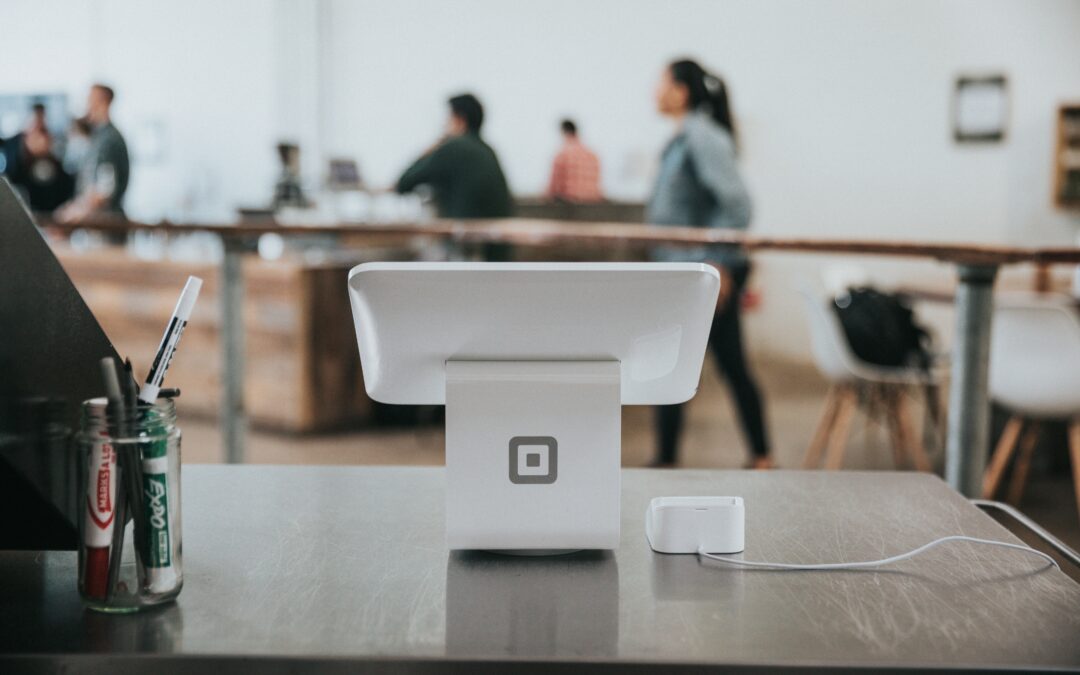Choosing the right retail space for lease for your business is important. Location can make or break a store. This blog will help you identify the ideal retail space for lease.
Working with a commercial real estate broker gives you an advantage. Many landlords may have several retail locations for rent in the geographic area that you select and a good broker with experience knows who these owners are and what they have available for business space for lease.
As you are looking for a storefront for rent, consider these questions.
 Are your customers nearby? Choose a retail space for lease where many of your target customers are located. If you’re looking to find retail space to sell toys, a college town filled with twenty-somethings probably wouldn’t be your best bet.The services your retail broker can help you with, will help you pinpoint the best retail spaces for lease that make sense for your intended use.
Are your customers nearby? Choose a retail space for lease where many of your target customers are located. If you’re looking to find retail space to sell toys, a college town filled with twenty-somethings probably wouldn’t be your best bet.The services your retail broker can help you with, will help you pinpoint the best retail spaces for lease that make sense for your intended use.- Is the space visible? Look for a location that’s visible, with ample parking for your customers. Consider how easily vendors can deliver inventory. If you’re opening a carpet store, for example, you need enough space for trucks to park and maneuver product through a back entrance.
- When can you move in? Generally speaking, many retail spaces will require some level of modifications to suit your store front.. Build-outs and leasehold improvements could significantly add to costs, so understanding the average retail rent per square foot You can sometimes negotiate with Landlords to help share some of these costs or get some free rent to offset your investment.
- What other tenants are nearby? Complementary, but not competing businesses are ideal neighbors. Creating synergies within shopping centers can benefit your store if those businesses attract your customers. Locating near restaurants or entertainment venues, or even a big-box store, can benefit your store if those businesses attract your target customer base.
- Understand the Zoning Some municipalities have restrictions on certain use types and even hours of operation. Additionally, the of signage you can put up above your storefront may be restricted.
- What is included in the rent? In addition to utilities, a storefront for rent require the tenants to pay their pro rata share of the property operational expenses services such as janitorial, trash removal, security, real estate taxes and maintenance of common areas, such as parking lots and snow plowing (if applicable)
With careful research and help from a qualified retail broker or landlord leasing representative, you’ll find the perfect retail space available for lease.

